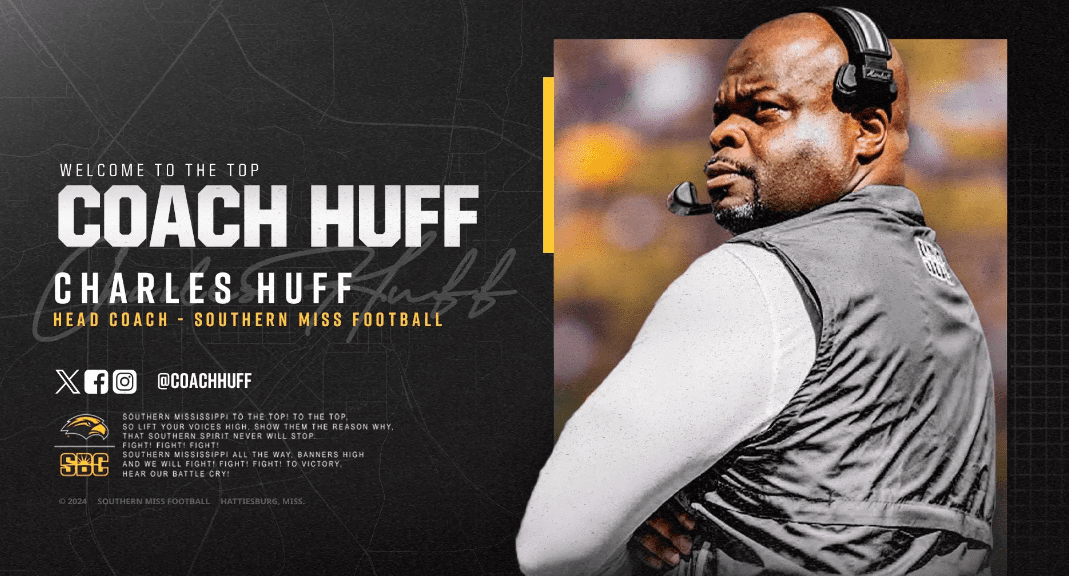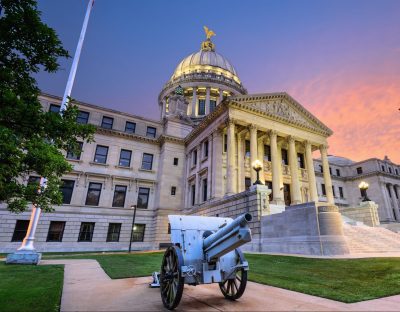
By Stephen Lusk
It was early 2018 when Lynn and Jason Albertson, Mississippi parents of a special needs child, noticed their otherwise outgoing daughter Bonnie becoming increasingly reserved. As time went on, Bonnie continued to change. Beset by obvious anxiety, she began talking to imaginary people and secluding herself to her room for extended periods of time. Worried, but lacking the money for treatment, Lynn and Jason crowdfunded nearly $6,000 for their daughter to be examined by a neurological specialist in Atlanta, GA and began giving her legal, THC-free, CBD oil in an attempt to keep her calm. Thankfully, it helped.
But the treatment hit a roadblock when an anonymous observer contacted law enforcement with concerns about Bonnie’s treatment. Law enforcement forwarded the complaint to Child Protective Services, who sent caseworkers to the house only two days after Christmas. The affair caused undue stress to the parents, their daughter, and her other siblings.
But the anonymous tip, though likely well-intentioned, would have been unable to remain anonymous if a recently-vetoed Mississippi bill had been passed— it would have mandated that no complaints made to CPS could remain completely anonymous, although identities would still be kept confidential and all personal information would be redacted at the conclusion of an investigation. If signed into law, this bill would have ensured that anyone who files complaints against others does so with certainty that a child was truly in danger.
It would’ve discouraged baseless accusations like the one brought forth against the Albertson family. Of course, children should always be protected. But this bad policy decision means that CPS will keep investigating unwarranted complaints while those children actually living in perilous situations continue to suffer.
According to Lynn, the CPS workers themselves told her the system that allowed for anonymity wasn’t a good one. “This ability hurts more than just my family or kids or potential false allegations—it hurts the families that truly need help,” Lynn said in an email.
When Governor Phil Bryant vetoed the bill that would have shut it down, he explained that though “Senate Bill 2460 is a well-intentioned bill with unintended consequences,” people ought not ever be discouraged from coming forward about child abuse. One would be hard-pressed to disagree with Bryant’s reasoning—that is, until peaceful homes like the Albertsons’ are being investigated at Christmastime.
Ashley Weathers, a sociologist and political science instructor at Southwest Mississippi Community College, said the state’s policy is ultimately kowtowing to the precedent of a decade-old lawsuit, Olivia Y. v. Barbour. “This lawsuit alleges that Mississippi does not do enough to protect children in the custody of the state,” she said “I suspect that this influences a lot of his decisions on child welfare policy.”
Dating back to Bryant’s predecessor, Governor Haley Barbour, the lawsuit accused Mississippi of failing to properly protect children in custody. Olivia Y. v. Barbour succeeded in changing the way Mississippi treats CPS-protected children. By 2013, for instance, nearly all children were relocated within 50 miles of their homes, whereas this was an issue that the state struggled with prior to the lawsuit.
Although the case was settled before Bryant was governor, it is currently still being monitored by Children’s Rights, a nonprofit group focused on improving the lives of children in foster systems. Although vetoing SB 2460 provided the state with some legal cushion, it’s unintended consequences will continue to bog down case workers and put innocent families in the crossfire.
Unfortunately, the story of Jason and Lynn is not an isolated occurrence. Parents across the United States have been arrested for letting their children play outside and in certain areas, can even be arrested for letting their kids set up lemonade stands.
These types of problems originate in local governments. Neary 25 percent of all bills at the state level are signed into law per year, on top of mountains of regulation administered by state-based quasi-legislative groups. State governments out-legislate the federal government by a longshot, where only four percent of bills become law each year. So in the end, families can expect their their states to affect their lives much more than Washington ever will.
CPS came to Jason and Lynn’s home without serious incident. But it should have never happened in the first place, and the family has reached out to their state representative to push for policy change. Though a certain policy decision can seem like the best course of action, unintended consequences should be taken into account when crafting legislation. States can pass legislation that protects families like the Albertsons while also providing safe havens for those children truly in danger.
Stephen Lusk is a recent graduate of Mississippi State University and a Young Voices Contributor. His Twitter handle is @LuskBrand.
**Names have been changed to protect the anonymity of parents and children involved in an active Child Protective Services case.









